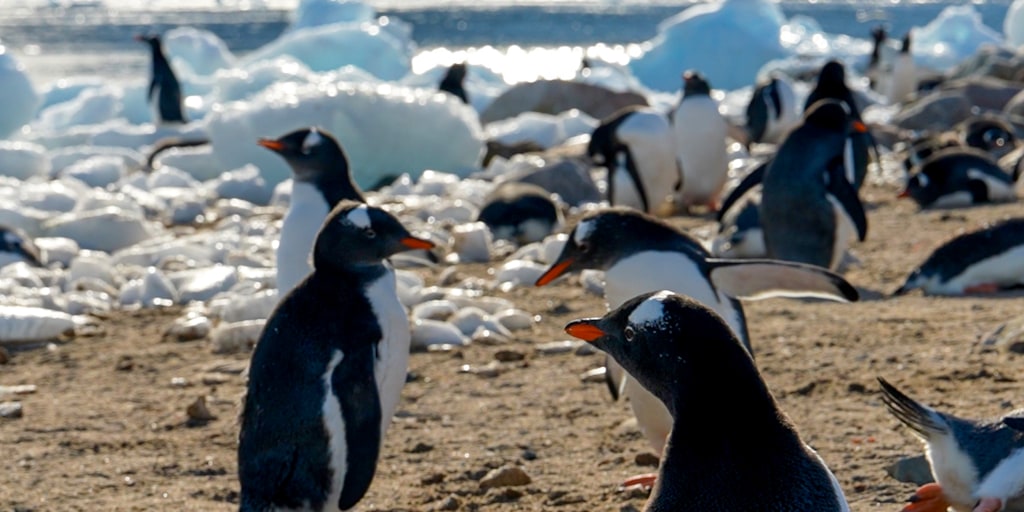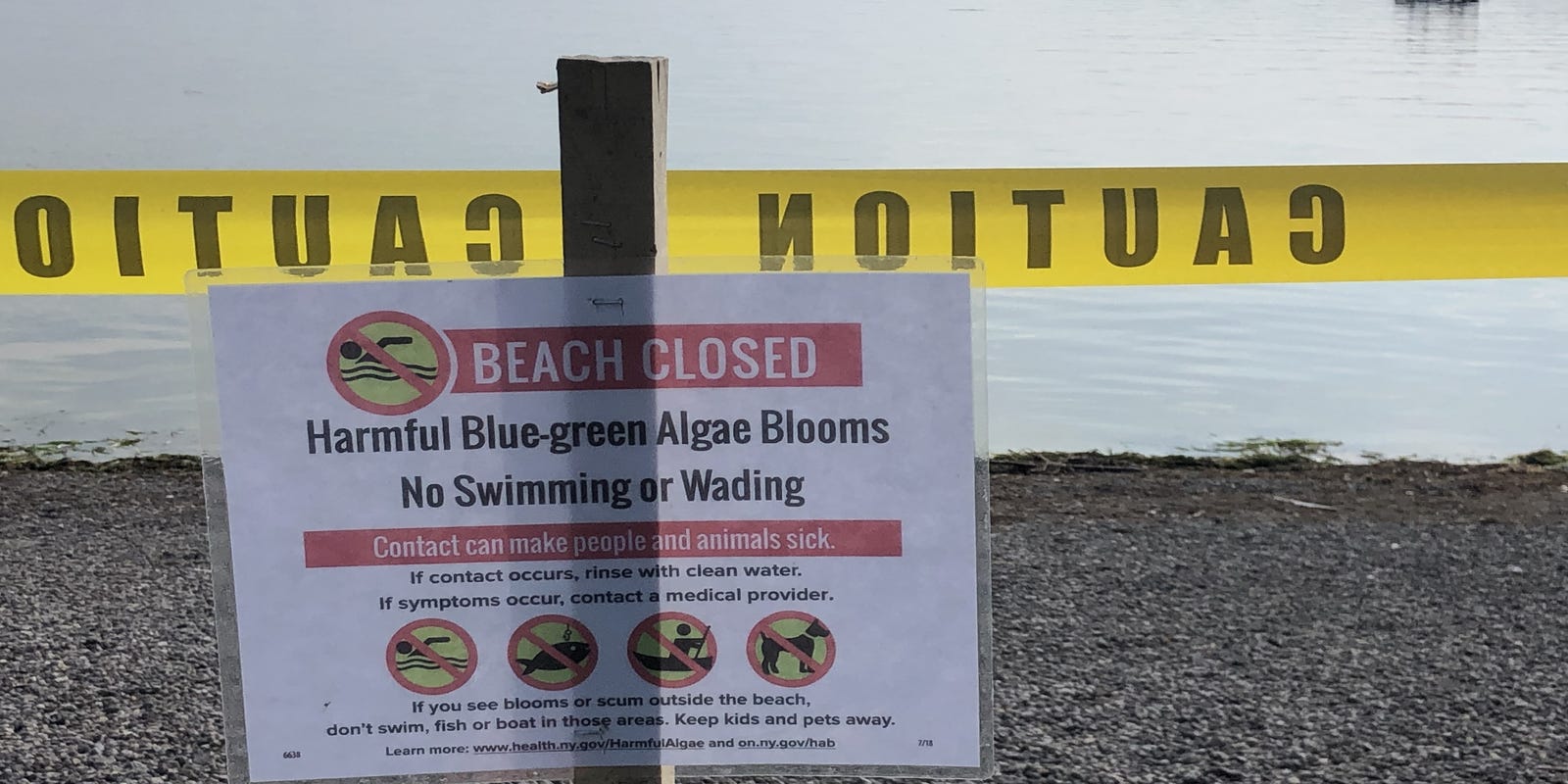Cruise Ships to the Rescue: How Tourism is Filling Antarctica's Research Funding Gap
Science
2025-04-25 19:21:42Content

In the evolving landscape of scientific exploration, an unexpected convergence is taking place. Affluent thrill-seekers and adventure enthusiasts now find themselves sharing expedition spaces with dedicated researchers, united by a common passion for discovery. This unique collaboration has emerged against the backdrop of dwindling research funding during the Trump administration.
As government support for scientific research waned, innovative scientists have found creative alternatives to continue their critical work. Wealthy adventurers, driven by personal curiosity and the allure of extraordinary experiences, are now filling the financial gaps. These expeditions offer more than just personal excitement; they provide valuable opportunities for data collection and scientific research.
From remote polar regions to uncharted marine depths, these joint ventures represent a new model of exploration. Researchers leverage the resources and enthusiasm of adventure travelers, while participants gain unprecedented access to cutting-edge scientific investigations. What was once a divide between recreational travel and serious scientific inquiry is now blurring, creating a symbiotic relationship that promises to push the boundaries of human knowledge.
This emerging trend highlights the resilience of scientific curiosity and the power of collaborative innovation in the face of challenging funding environments.
Polar Pioneers: The Extraordinary Convergence of Adventure and Science in Antarctica's Uncharted Frontiers
In the pristine, otherworldly landscape of Antarctica, a remarkable intersection of human ambition and scientific exploration is unfolding, where the boundaries between adventure tourism and critical research are becoming increasingly blurred. As global climate dynamics shift and technological capabilities expand, this remote continent has emerged as a critical battleground for understanding planetary changes and human adaptability.Exploring the Last Frontier: Where Luxury Meets Scientific Discovery
The Changing Landscape of Antarctic Expeditions
The Antarctic continent has long captivated human imagination, transforming from a forbidding, unreachable wilderness to a complex ecosystem of scientific investigation and high-end adventure tourism. Wealthy explorers and professional researchers now share the same treacherous terrain, each bringing unique motivations and perspectives to this extreme environment. The traditional barriers between recreational travel and scientific research have dramatically eroded, creating a fascinating hybrid ecosystem of exploration. Modern Antarctic expeditions represent far more than simple geographical conquests. They embody a sophisticated interplay of technological prowess, environmental understanding, and human resilience. Sophisticated equipment, advanced tracking systems, and unprecedented logistical support have made what was once considered impossible now achievable for a select group of individuals.Economic and Scientific Dynamics of Polar Exploration
The economic landscape of Antarctic expeditions reveals a complex narrative of funding challenges and innovative solutions. With traditional scientific funding experiencing significant fluctuations, particularly during political transitions, researchers have been compelled to seek alternative support mechanisms. Wealthy adventurers and private expeditions have inadvertently become crucial contributors to scientific data collection, filling critical research gaps. These expeditions are not merely recreational pursuits but represent sophisticated collaborative platforms where cutting-edge technology meets environmental research. High-net-worth individuals equipped with advanced monitoring devices can now contribute meaningful scientific data, transforming the traditional paradigms of research funding and knowledge acquisition.Technological Innovation and Environmental Monitoring
Contemporary Antarctic expeditions leverage an unprecedented array of technological tools. Satellite imaging, drone surveillance, and advanced sensor networks have revolutionized our capacity to understand this fragile ecosystem. Researchers and adventure tourists alike are equipped with devices capable of collecting real-time environmental data, creating a democratized approach to scientific observation. The integration of citizen science with professional research methodologies represents a groundbreaking approach to environmental understanding. Amateur explorers, armed with professional-grade equipment, can now contribute meaningful insights into climate change, geological transformations, and ecological dynamics.Ethical Considerations and Future Implications
The evolving landscape of Antarctic exploration raises profound ethical questions about environmental preservation, scientific integrity, and sustainable tourism. As more individuals gain access to this pristine environment, the delicate balance between human curiosity and ecological conservation becomes increasingly critical. Regulatory frameworks must continuously adapt to manage the growing complexity of Antarctic expeditions. International collaborations, stringent environmental protocols, and transparent research methodologies will be essential in maintaining the continent's scientific and ecological integrity.
RELATED NEWS
Science

Teen's Eco-Breakthrough: How AI and Enzymes Could Revolutionize Fashion's Plastic Problem
2025-03-05 08:00:00
Science

Local Volunteers Dive into Solving Canandaigua Lake's Algal Bloom Mystery
2025-03-19 09:49:54
Science

Voyage of Discovery: Viking Cruise Passengers Dive Deep into Great Lakes Science
2025-04-29 00:00:00





